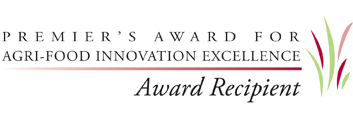2025 Beef Farmers of Ontario AGM – February 18 – 20, 2025
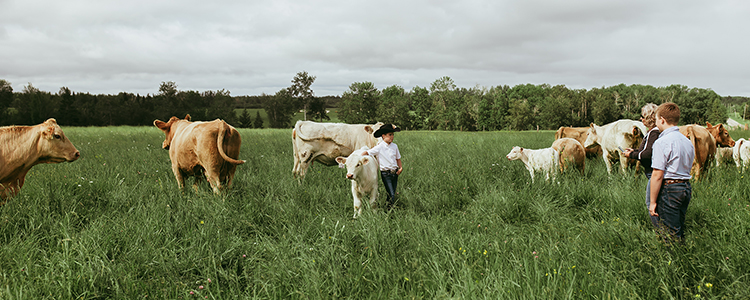
2025 BFO AGM and Convention with an exciting program and networking opportunities.
Grey Bruce Farmers Week Jan 8 – 14, 2025
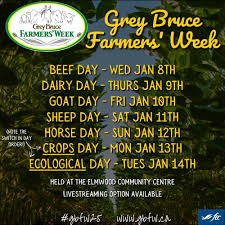
Join us on beef, sheep or goat day for a great speaker schedule and to see how we can support your 2025 goals. Registration is now open. Click here to learn more.
AgSights 2025 AGM – February 11, 2025

Join us February 11th at Circle R Livestock, Ryan and Romy Schills in Wallenstein Ontario. Demonstrations with lunch to follow and formal proceedings at a local community hall.
Bosview Katahdins: Record Keeping to Grow Flock Production
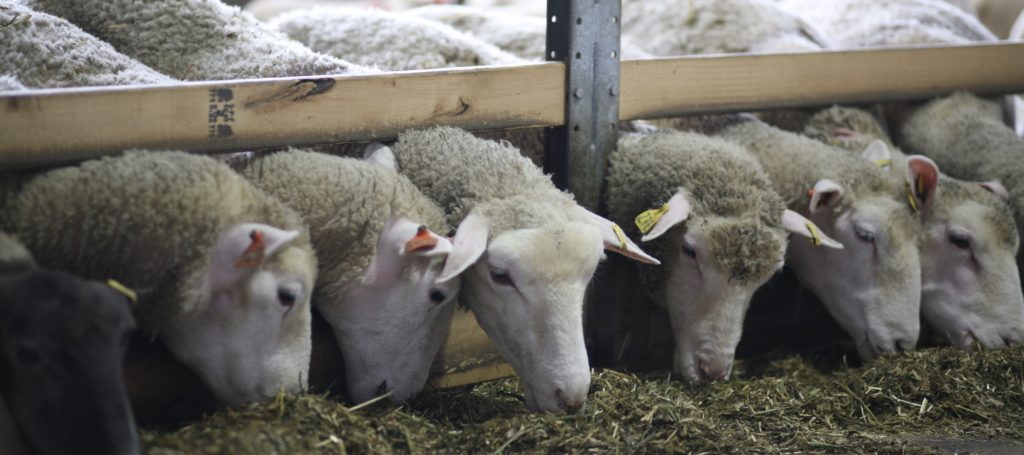
Bosview Katahdins: Record Keeping to Grow Flock Production: Located in the Pontiac region of western Quebec, two first generation sheep farmers, Ursina Studhalter and Andrew Bos, have turned their dream of farming into a reality. Ursina grew up on a mixed farm, and it was her dream to one day have her own farm. Fast forward to 2017 and that dream turned to reality when her and husband, Andrew, purchased their first farm along with a flock of 85 Katahdin sheep. Today their flock consists of 200 Katahdin and Romanov-crossed ewes on a modified accelerated lambing schedule using bioTrack for their record keeping needs.
Why Information Sharing Is the Future of Livestock Management
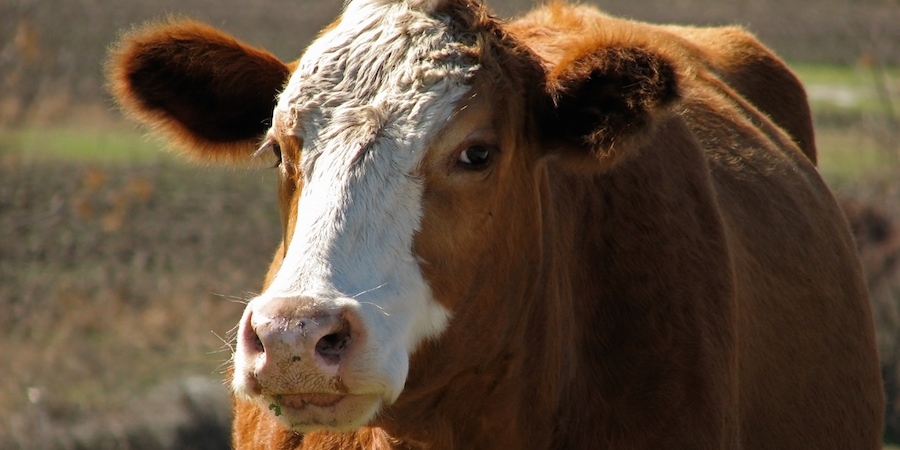
Why Information Sharing is the Future of Livestock Management: Information sharing is all the rage in this global, interconnected age. But social media aside, sharing information between consumers and producers has proven to be one of the most effective methods of increasing a business’s long-term success. When you apply the principles of information sharing to livestock management specifically, a clear line can be drawn from farmer to processor and finally to consumer — the classic farm-to-table journey. Here’s a closer look at why information sharing is so critical today and how you can benefit from it.
Common Technology: Growing Your Business with the Tech You Own

Common Technology: Growing your business with the technology you own: The world is changing fast. The pen and paper method of doing business is falling by the wayside in favour of the streamlined and efficient capabilities of digital systems. While the majority of Canadian farming and meat industries still rely on the hands-on labour of dedicated professionals, the way inventory and sales can be managed has evolved to reflect the increased need for technology.
Connecting Across Sectors: What Connectivity Means for Livestock Management
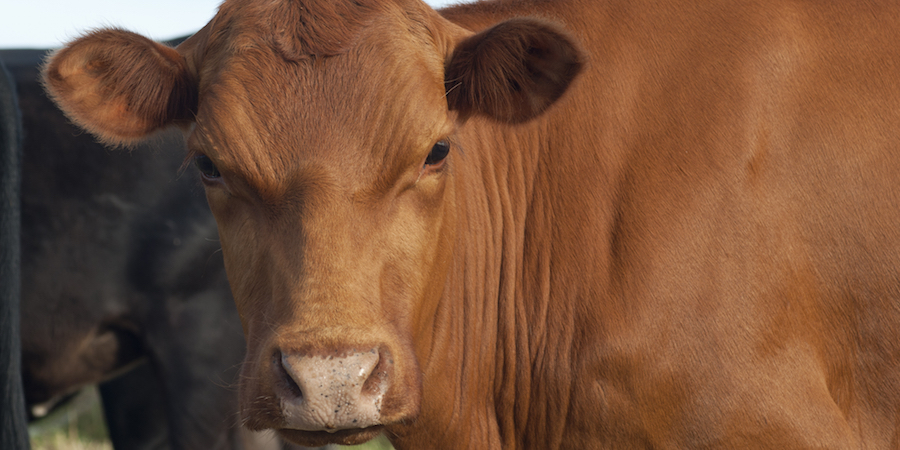
Connecting Across Sectors: What Connectivity Means for Livestock Management: In the increasingly connected modern world, more and more industries are getting on board with innovative methods of connecting with customers and partners in revolutionary ways. The livestock industry is no exception, and as farmers and producers alike strive to improve their products and the image of their businesses, consumers will expect a new level of quality and connection. Livestock management is no longer simply about raising animals, breeding and selling.
The Future of Livestock Products: The Value of Information Technology

The Future of Livestock Products: The Value of Information Technology: Traditionally, farm products have not been linked to information sharing in ways that have benefited consumers or producers. The lack of free-flowing information and transparency has historically contributed to severe recall impacts, consumer distrust and unclear consumer preferences.
Managing for Profit: What Efficiency Means on the Farm

Managing for Profit: What Efficiency Means on the Farm: As anybody with years of farming experience can tell you, efficient time management is essential to ongoing productivity and profit. But with all of the administrative work that comes with herd monitoring, data tracking, and economic evaluations, it’s easy to get bogged down and lose time that could be spent better managing your herd. So how can farmers today stay on top of necessary livestock management without losing time or adding complicated systems?
The Track to Success: Why bioTrack Is an Essential Tool for Livestock Farmers

The Track to Success: Why bioTrack is an Essential Tool for Livestock Farmers: If you’re in the livestock industry, you know how tiring the job can be. You’re ready to increase the scale of your business, but feel too bogged down in the day-to-day. You’re putting out a decent quality product, but lack that extra edge that could make you stand out from the competition. And meanwhile, there is simply too much guesswork involved in improving the genetic performance of your herd or flock, making you feel like the value of your operation has plateaued.


